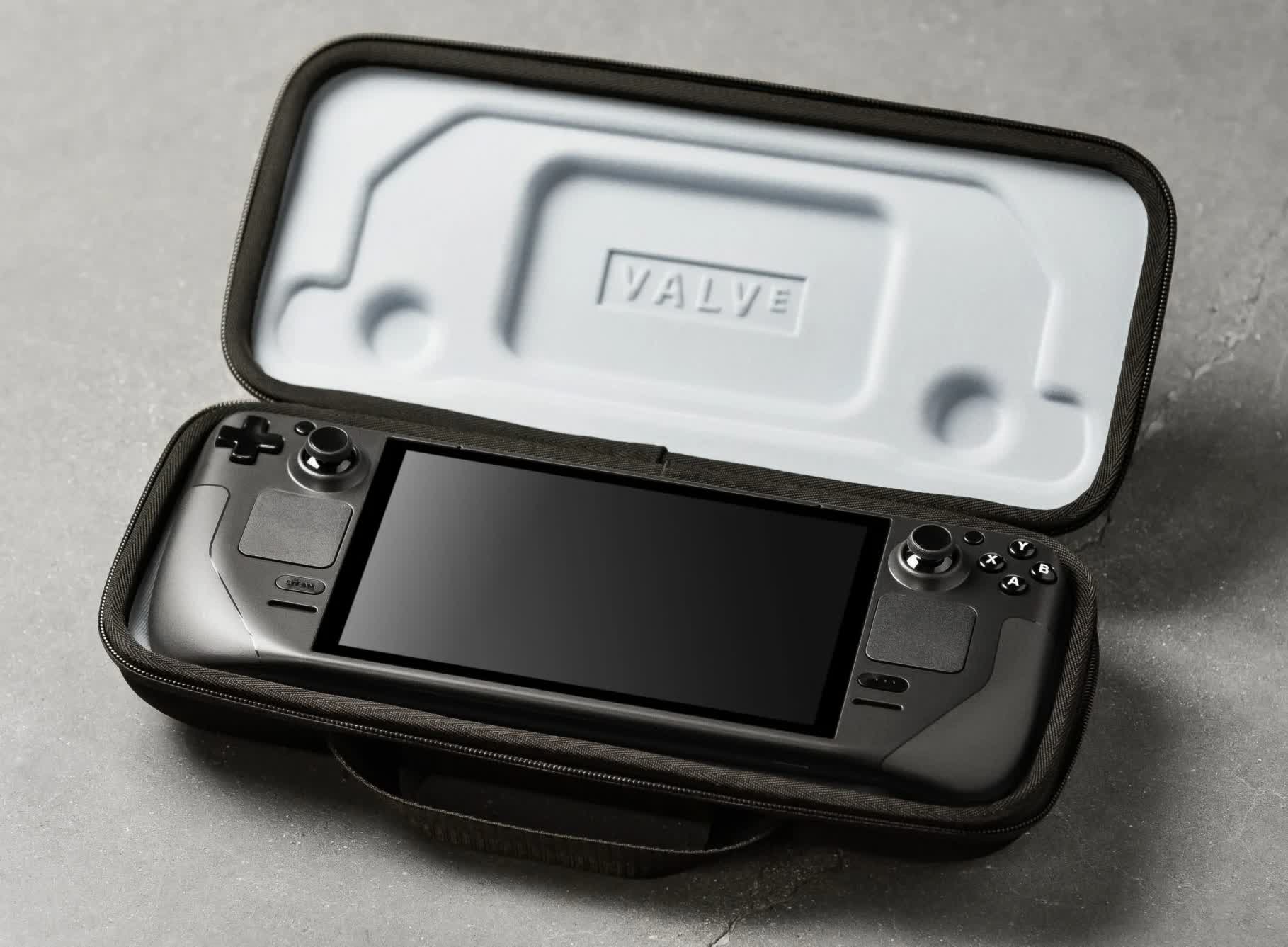In a nutshell: Steam Deck production is on the rise but performance may be trending in the opposite direction. It was recently discovered that Valve at some point quietly updated the tech specs on its Steam Deck product page to reflect a change with regard to the solid-state drive used in the handheld. A note under the storage category indicates that some 256GB and 512GB models ship with a PCIe Gen 3 x2 SSD.

Previously, all of these models came with a PCIe Gen 3 x4 SSD.
A Valve spokesperson told IGN that many Steam Deck components come from multiple suppliers for improved redundancy and production capacity. Specifically, one of their SSD suppliers provides PCIe Gen 3 x4 NVMe SSDs while another provides an x2 (two lane) variant.
The rep said they have tested both components extensively and determined there is no impact on performance between the two.
"SSD performance is currently gated by factors not related to PCIe bandwidth," the rep noted. "In extremely uncommon cases, differences in read / write speed caps may minimally impact file transfer speeds, but OS performance, loading times, game performance, and game responsiveness are identical between the x2 and x4 drives."
Valve announced earlier this week that it was more than doubling Steam Deck shipments moving forward.
There doesn't appear to be a way to request which type of drive your Steam Deck will ship with. Those unhappy with an x2 model could upgrade the drive at their expense but Valve doesn't recommend doing so. What's more, a quality microSD card could get you more storage with much less hassle and only a minor performance hit.
https://www.techspot.com/news/95146-valve-starts-shipping-steam-decks-slower-ssds-but.html